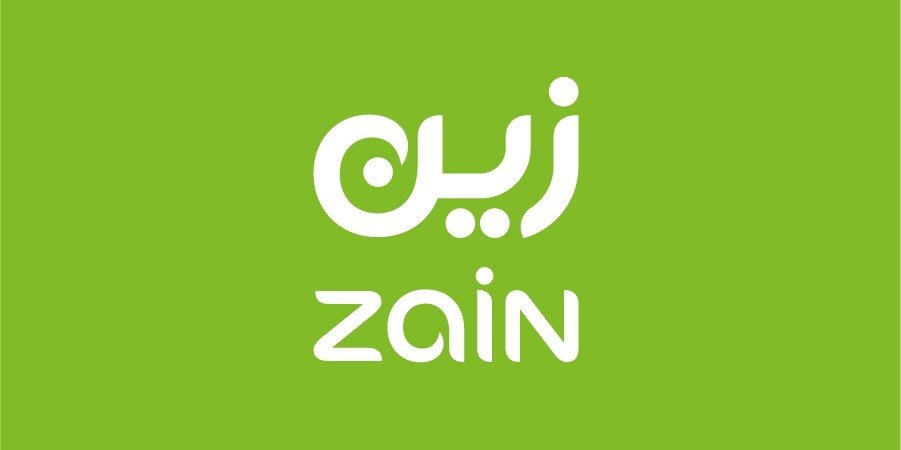Saudi Arabia is undergoing a significant economic transformation driven by advancements in artificial intelligence (AI). As the Kingdom moves away from its reliance on oil, AI presents a substantial opportunity to create jobs, boost productivity, and enhance overall economic output, with projections estimating AI will contribute 12% to Saudi Arabia’s GDP by 2030.
The Kingdom’s Vision 2030 framework emphasizes reducing oil dependency by fostering technology-led industries and embracing cutting-edge innovations. AI plays a crucial role in this transition, particularly in enhancing productivity across various sectors and facilitating the development of a knowledge-based economy. A recent study by the International Telecommunication Union (ITU) suggests that AI technologies could contribute over $13 trillion to the global economy by 2030, and Saudi Arabia is poised to capture a significant share of this growth.
Recent investments in digital infrastructure have strengthened Saudi Arabia’s foundation for AI adoption. According to World Bank reports, initiatives like the National Strategy for Digital Transformation are establishing a robust framework for integrating advanced technologies across various sectors.
The adoption of AI technologies is expected to create a conducive environment for job creation, particularly in high-skilled sectors. By fostering new markets and services, AI has the potential to generate employment opportunities. An IMF report highlights that AI can positively impact job creation by enhancing productivity and automating routine tasks.
As Saudi Arabia adopts AI, the demand for high-skilled workers is anticipated to rise. The country is focusing on training and education programs to equip the workforce with the necessary skills for emerging roles. Notably, over 628,000 beginners have been trained in one year, along with specialized programs for around 7,625 experts in data and AI. The World Economic Forum indicates that 75% of organizations worldwide plan to adopt AI, which could create jobs while also displacing some.
AI technologies are set to boost productivity in Saudi Arabia by automating repetitive tasks, optimizing supply chains, and improving decision-making processes. Research from the ITU suggests that AI could increase global GDP by more than 16% by 2030, primarily through automation and innovation. Consequently, Saudi Arabia is positioned to leverage AI across sectors such as financial services, logistics, and manufacturing. For instance, AI in logistics can reduce costs and improve delivery times.
The Saudi government is actively creating an environment conducive to new technologies like AI. Initiatives such as the Saudi Data and AI Authority and the National Strategy for AI underscore the Kingdom’s commitment to leveraging AI and its goal of ranking among the top 10 global leaders in data and AI by 2030. The Kingdom has attracted $1.7 billion in total funding for Saudi AI companies in 2023, positioning itself at the forefront of the global AI race.
While AI offers numerous opportunities for economic growth, challenges also exist, particularly regarding job displacement in low-skilled sectors. However, the IMF notes that the impact of AI on job displacement can be positive. By automating routine tasks, AI enables the human workforce to focus on higher-value activities, ultimately increasing productivity.
AI has already proven to be a significant economic driver for Saudi Arabia. As the Kingdom continues its journey toward diversification, AI technologies will play a critical role in creating new job opportunities, enhancing productivity, and fostering innovation. To become a global leader in this transformative AI era, Saudi Arabia must implement effective policies that facilitate investment in a knowledge-based economy.
About the Authors:
- Hassan M. Alzain led the environmental science, sustainability, and policy group at Aramco’s Environmental Protection.
- Hamad S. Alshehab led strategy, finance, and governance at Aramco’s Innovation and Product Development Center, LAB7.















